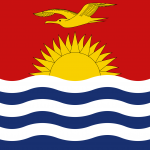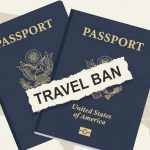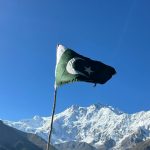Chuuk has long had its own unique position in the Pacific’s colonial and modern geopolitical landscape. The island group has navigated multiple shifts of governance, economic challenges, and strategic interests, all while considering its future relationship with the United States and the potential for greater autonomy.
The current independence movement reflects a mix of economic motivations and geopolitical concerns—centered on maintaining agency, avoiding dependence, and exploring new economic opportunities. However, geopolitical challenges and the risk of foreign intervention present obstacles to full self-governance.
A Brief Overview of Chuuk’s History
Chuuk, part of the Federated States of Micronesia (FSM), has an extensive and layered history. Originally inhabited by Micronesian groups, the islands came under European colonial powers in the 19th century. Spain controlled Chuuk until it was ceded to Germany in 1899. The Japanese then took control in the interwar years, militarizing the islands during WWII, before the United States took administrative control after the war under the Trust Territory of the Pacific Islands.
By 1979, the FSM was established as an independent political entity. However, Chuuk has remained tethered to its historical reliance on U.S. aid and military partnerships through the Compact of Free Association, signed in 1986. This relationship has fueled discussions about the island’s political autonomy, its dependence on U.S. support, and the potential for new economic relationships with other foreign powers.

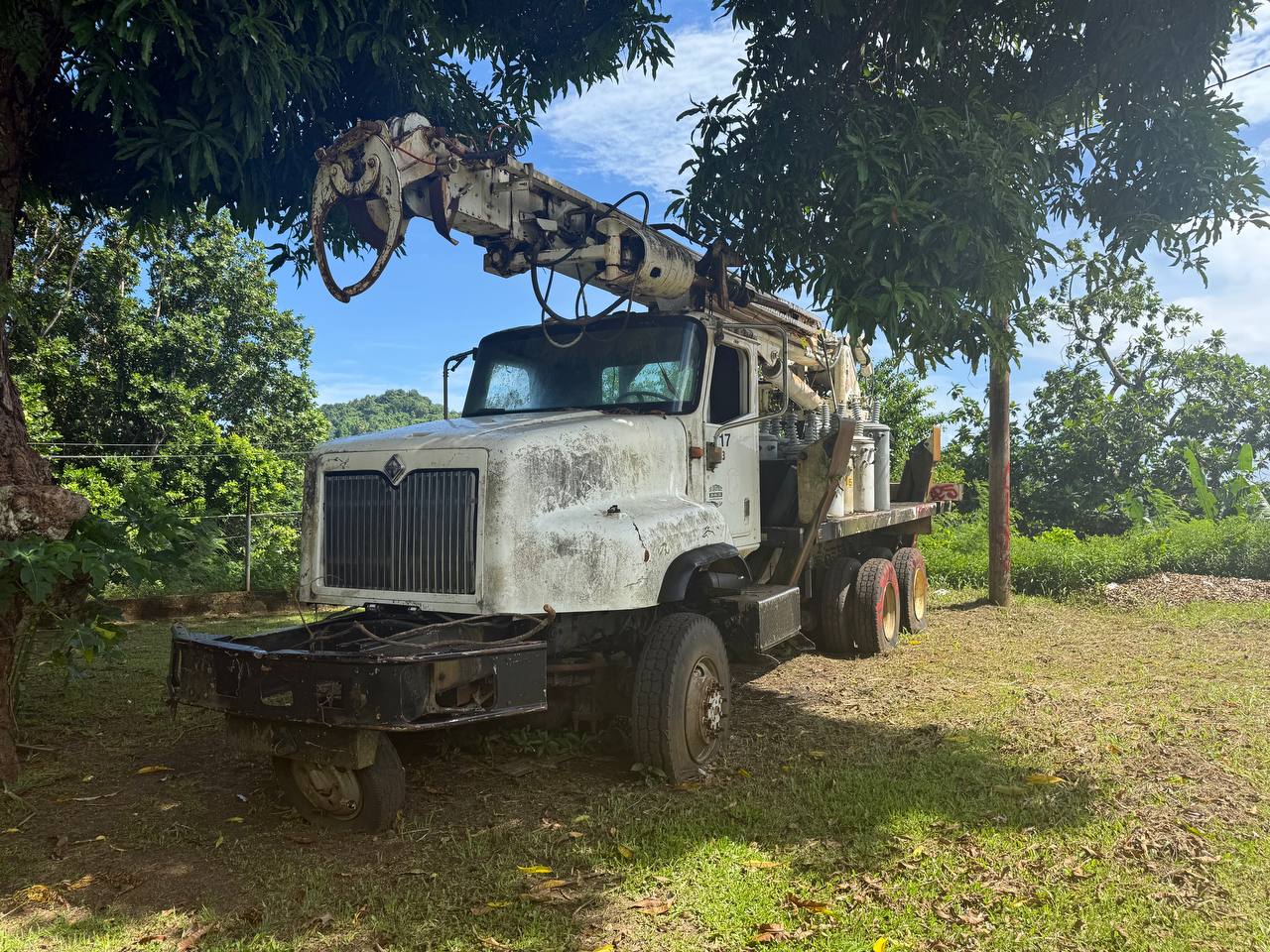
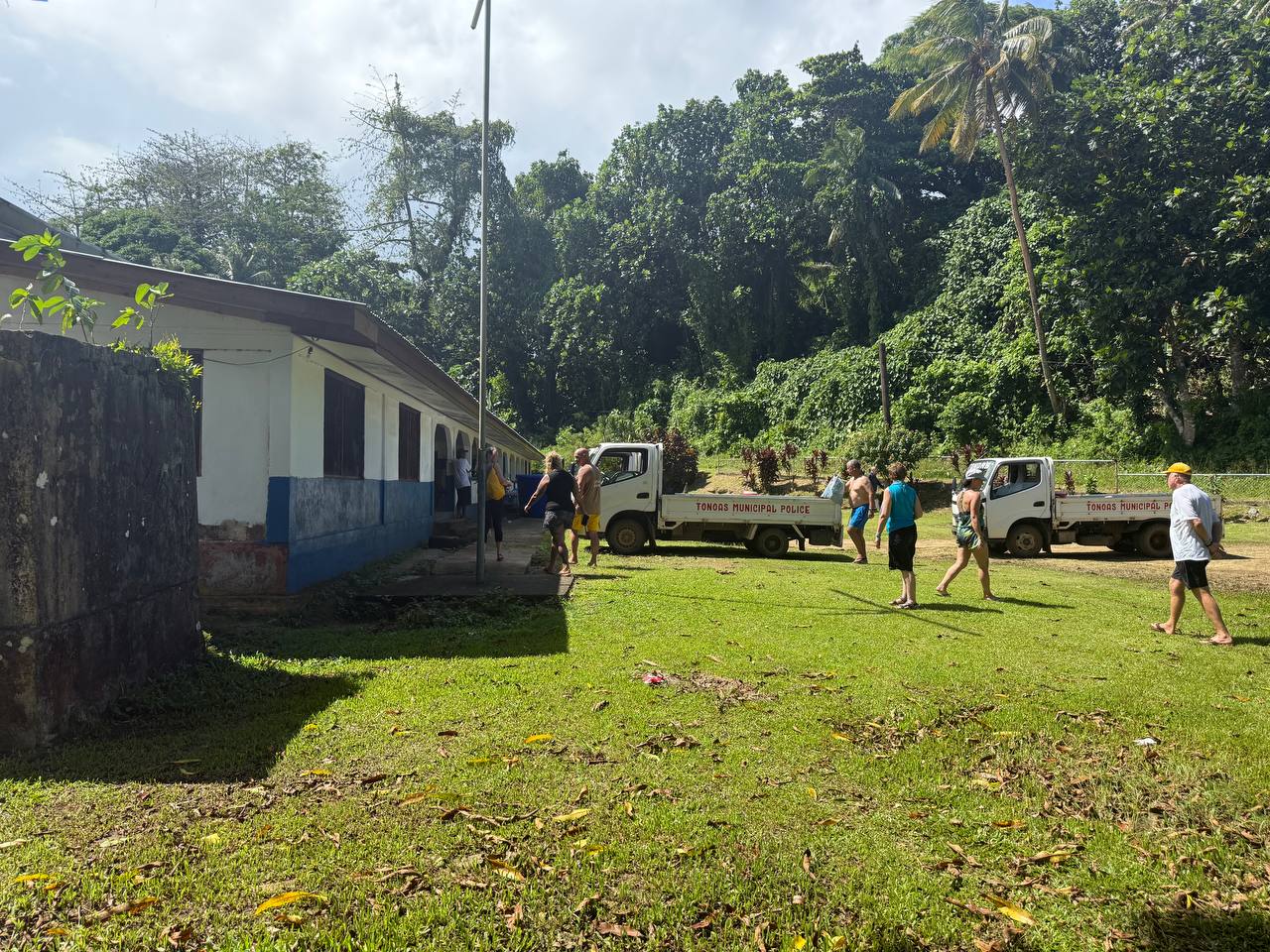
The Case for Independence
The idea of independence in Chuuk has grown over the years as local groups have called for a shift away from U.S. financial and military influence. Many argue that the aid received through the CFA has created economic stagnation and dependency rather than long-term self-sufficiency. Proponents of independence point to the possibility of pursuing alternative economic strategies—particularly opportunities tied to Chinese investment—as a way to ensure economic growth without being tied to Washington.
China has positioned itself as a growing player in the Pacific by offering infrastructure investment through initiatives like the Belt and Road Initiative (BRI). These opportunities are attractive for Chuuk, as they would provide access to financing and development projects without the political strings attached to U.S. assistance. As such, independence advocates believe that seizing control of their economic future could help reduce reliance on American aid and open doors to broader financial opportunities.
Another key argument among independence supporters is rooted in the concept of self-determination. Many residents feel that Chuuk should chart its own political and economic course without the constraints of being a U.S.-dependent entity. The autonomy movement emphasizes identity, self-governance, and a way of breaking free from systemic economic challenges that have persisted since the days of colonial rule.

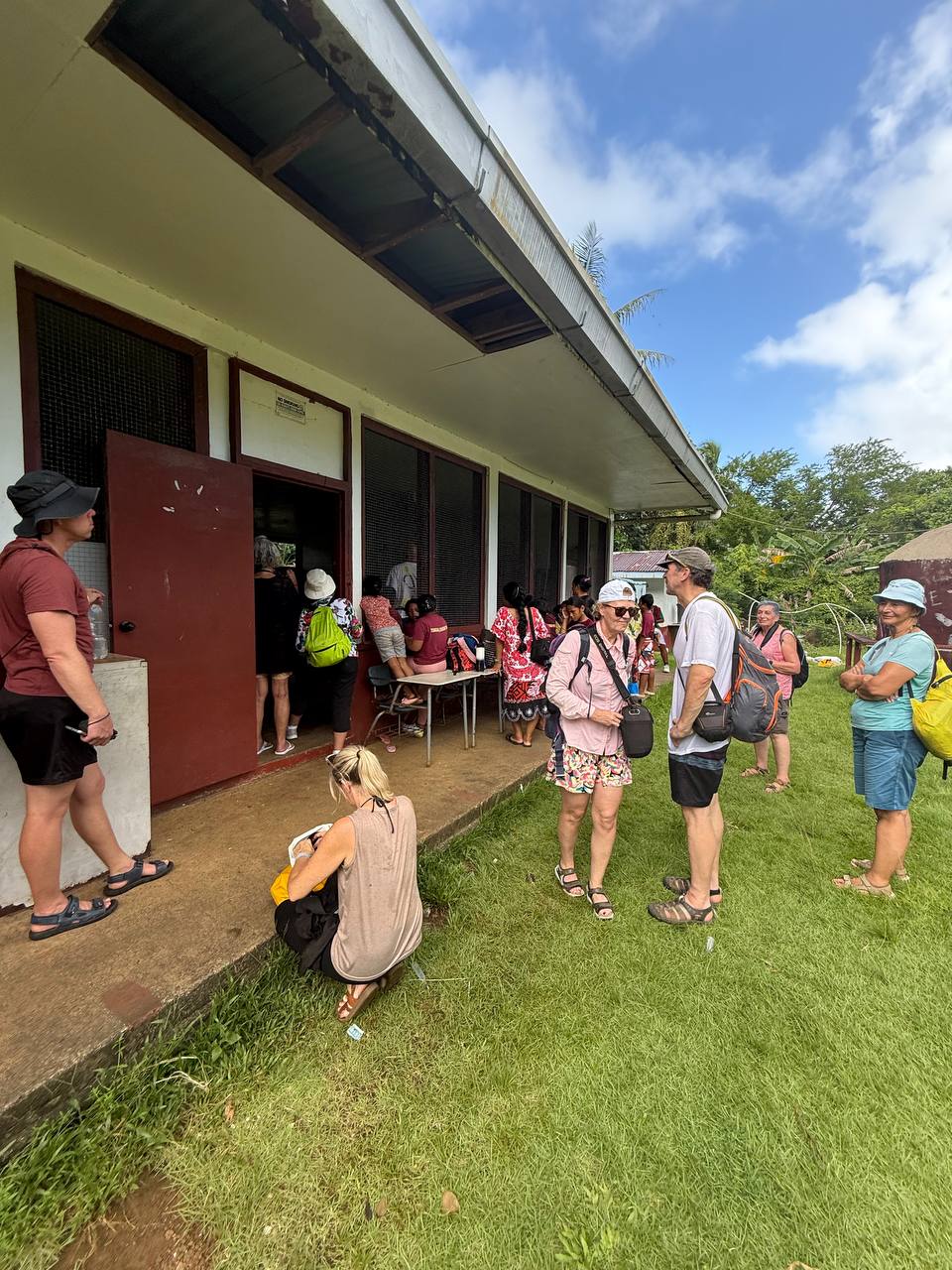
External Pressures & Geopolitical Factors
Although the independence movement has strong support locally, geopolitical factors make the idea of full independence more complicated. The U.S. has maintained military bases and financial interests in the Pacific region, including in Chuuk, as part of its strategic efforts to maintain a presence in countering China’s influence. The United States has vested interests in keeping the region secure, and maintaining the CFA with Chuuk is central to its Pacific military strategy. As a result, Washington is unlikely to support Chuuk’s full independence without a very clear and controlled agreement.
On the other hand, Chinese economic expansion in the Pacific presents an alternative to U.S. assistance. With China offering loans, infrastructure projects, and development opportunities through the Belt and Road Initiative, there is a growing perception that dependence on U.S. aid could be replaced with new partnerships. However, this shift could lead to financial dependency on Beijing in its own way. It is this delicate geopolitical balance—between American military strategy and Chinese financial opportunities—that has created a complex situation for Chuuk’s independence movement.
Why Independence Will Be Difficult
Although the movement for Chuuk’s independence is strong, there are considerable obstacles to its success. The U.S. continues to maintain military and financial influence in the region, making it less likely that Washington will support full independence without some form of oversight or conditions. Additionally, the looming influence of China adds complexity to the geopolitical dynamic. While China offers economic opportunities, it also poses its own challenges, with concerns over debt dependency and the strategic implications of Chinese economic investment.
The history of geopolitical conflict and foreign intervention in the Pacific suggests that the challenges of achieving independence will likely lead to new dependencies or instability. The island groups’ experiences with U.S. aid and Chinese financing mirror broader concerns about Pacific nations’ ability to navigate these competing geopolitical influences.

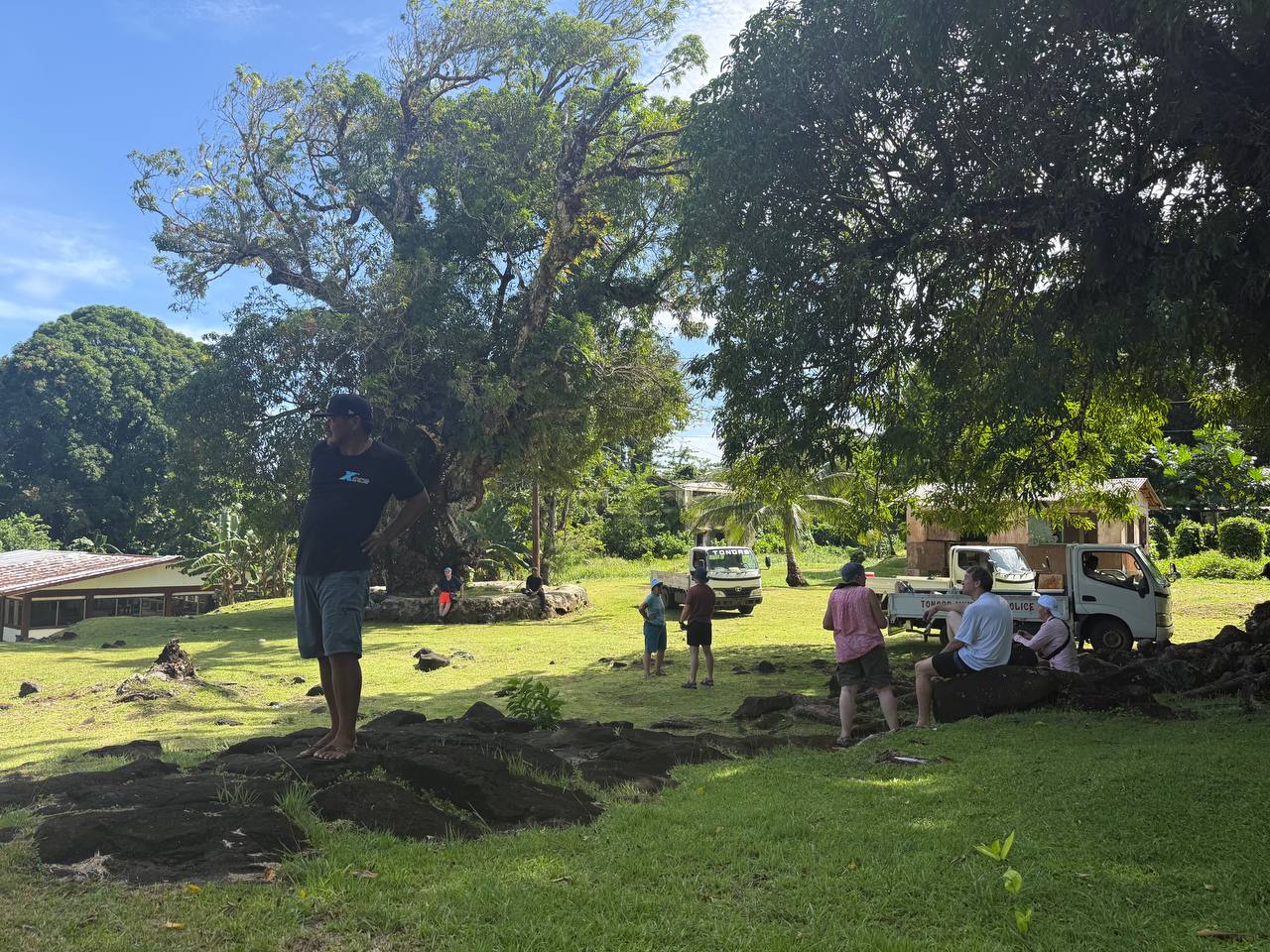
Furthermore, the independence movement itself lacks uniformity. There is no single political entity or unified vision among independence advocates, leading to internal divisions that further slow efforts to break from U.S. oversight. The ongoing economic challenges, coupled with these geopolitical factors, mean that achieving independence would not only be difficult but fraught with risks.
Click the link to read about our Least Visited Countries Tour.



